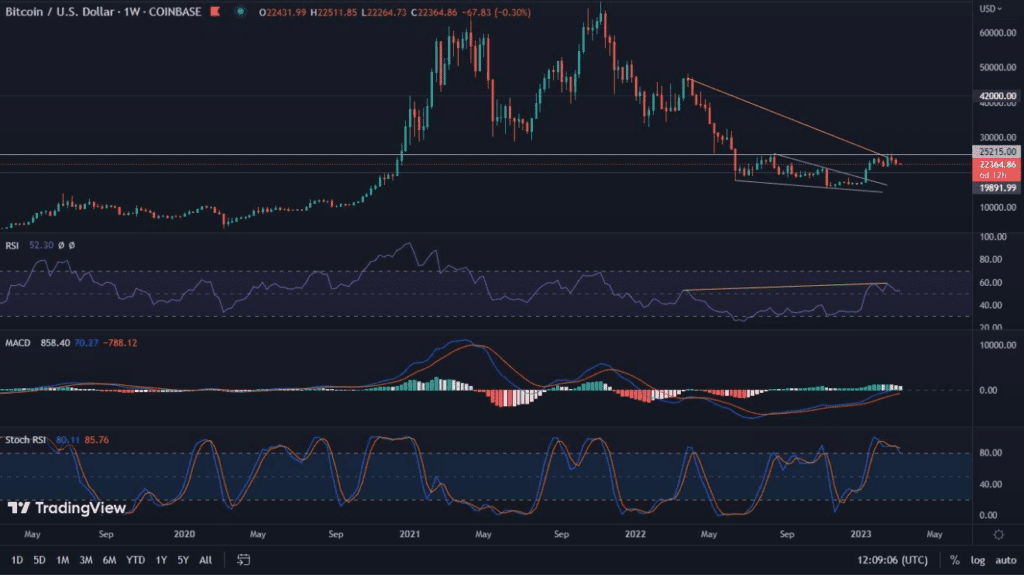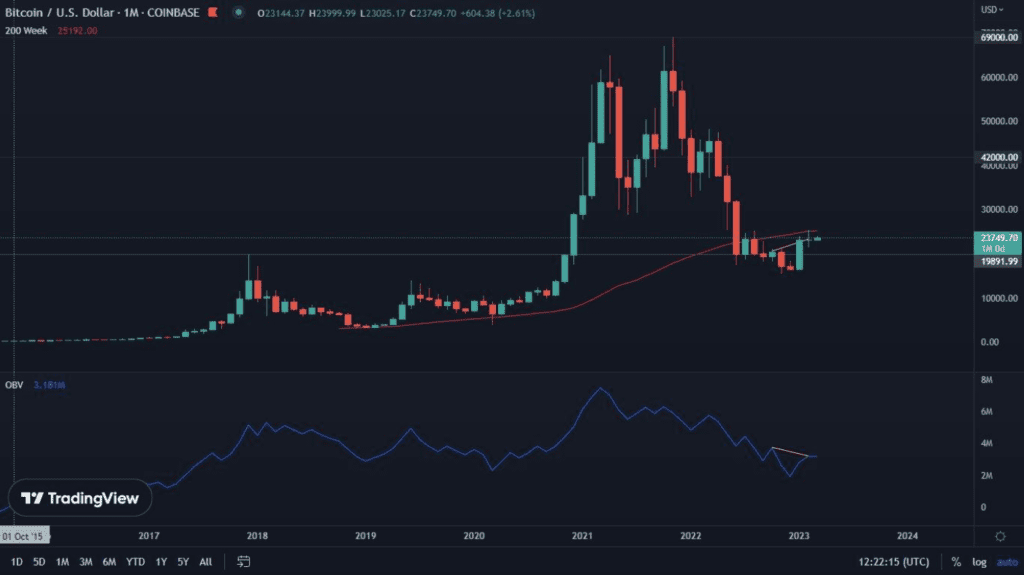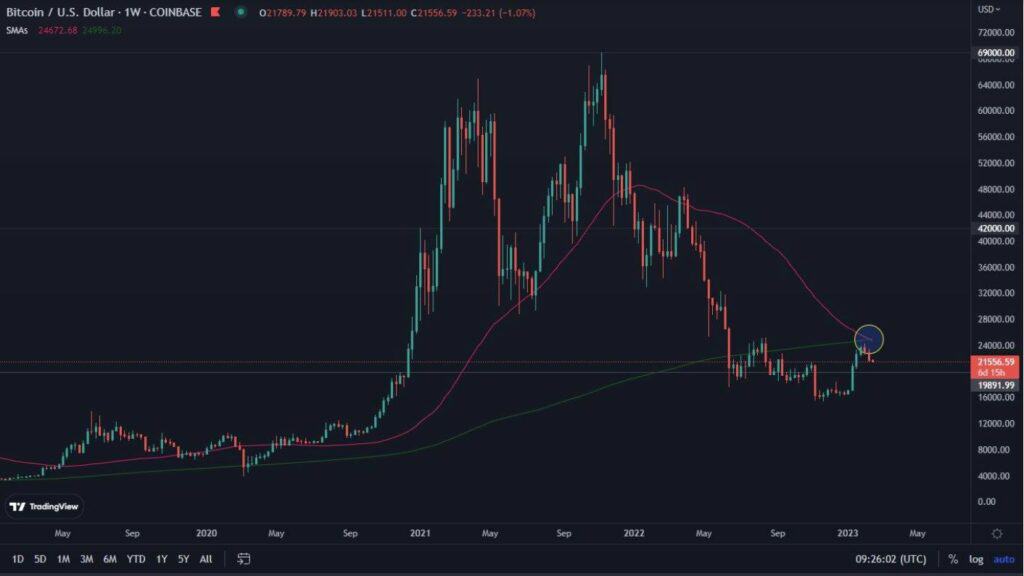The tale of the battle between Ripple and the SEC has become a story full of dramatic twists and lost opportunities. The price of XRP has not thrilled throughout this period, severely disappointing investors. John Deaton therefore decided to present a balance sheet of the losses incurred.
XRP development stalled for years
John Deaton, founder of CryptoLaw and representative of XRP holders, speculates whether if the SEC had not initiated a lawsuit against Ripple in 2020, the fate of XRP would have been very different. Deaton suggests that the lawsuit has negatively impacted XRP’s reputation and delayed development related to the XRP Ledger.
In December 2020, the SEC attacked Ripple and its leaders, accusing them of failing to register XRP as a security. Ripple achieved some victory in July, when a court ruled that selling XRP on exchanges and through algorithms did not qualify as investment contracts, marking a very important moment for the crypto market.
In a recent post on the X platform (Twitter), Deaton stresses that the trial has not only caused losses for Ripple, but also for XRP itself. He says the ongoing battle has delayed XRP’s adoption by as much as three years, a significant period in the cryptocurrency world.
Breach of foundation
Deaton stresses that at one time Coinbase was an active supporter of XRP. Representatives of the exchange went to great lengths to ascertain the legal nature of XRP, and even consulted with the SEC before launching the coin on the platform. In January 2019, at a meeting with SEC officials, Coinbase confirmed that XRP fit into the crypto-asset category, and this prompted a public acknowledgment from the agency.
Deaton points out that both MoneyGram’s and Coinbase’s lawyers, as well as SEC lawyers, determined that XRP was not a security. Despite these findings, the SEC decided to file a lawsuit against the Silicon Valley company years later. This event changed the approach of exchange officials to the coin.
Long-standing stigma
It is impossible to ignore the cooperation between Coinbase and Circle in the context of stablecoin. Deaton speculates that if the SEC had not initiated the trial, Ripple and XRP could have dominated cross-border payments, with Coinbase betting specifically on Ripple.
Although XRP returned to Coinbase after the court verdict, MoneyGram continues to avoid working with Ripple. The company has formed a partnership with Ripple’s rival, Stellar Development Foundation, to enable cross-border transfers using stablecoin USD Coin (USDC).
Stellar Foundation became a minority investor in MoneyGram, a symbolic conclusion to the tumultuous history of Ripple and XRP. Thus, the effects of the SEC trial have forever left a mark on XRP’s path.

















